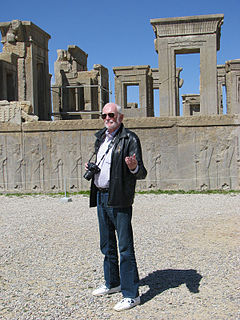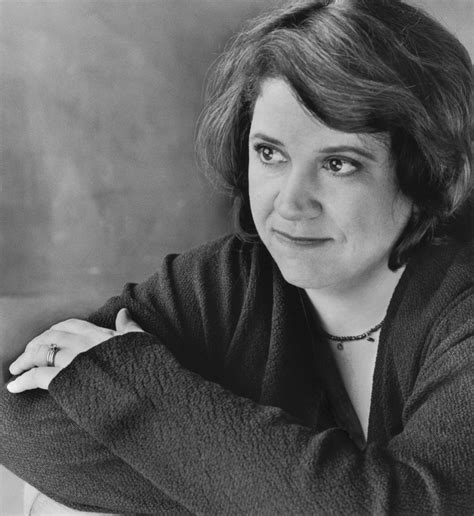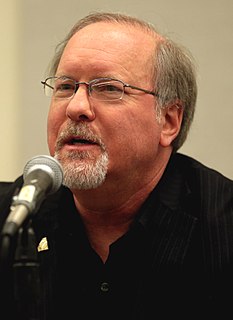A Quote by Ellen Wittlinger
That's what I love about writing. Once you get the words down on paper, in print, they start to make sense. It's like you don't know what you think until it dribbles from your brain down your arm and into your hand and out through your fingers and shows up on the computer screen, and you read it and realize: That's really true; I believe that.
Related Quotes
The deep-read is when you get gut-hooked and dragged overboard down and down through the maze of print and find, to your amazement, you can breathe down there after all and there’s a whole other world. I’m talking about the kind of reading when you realize that books are indeed interactive. . . . I’m talking about the kind of deep-read where it isn’t just the plot or the characters that matter, but the words and the way they fit together and the meandering evanescent thoughts you think between the lines: the kind of reading where you are fleetingly aware of your own mind at work.
Sit down at ten o'clock in the morning and write anything that comes into my head until twelve. One of the few things I've discovered about writing is to form a habit that becomes an addiction so that if you don't put something down on paper every day, you get really mean and awful with withdrawal symptoms, and your wife and your dog and your kids are going to kick your ass until you get back to it because they can't bear you in that state of mind.
I've always known that the best part of writing occurs before you've picked up a pen. When a story exists only in your mind, its potential is infinite; it's only when you start pinning words to paper that it becomes less than perfect. You have to make your choices, set your limits. Start whittling away at the cosmos, and don't stop until you've narrowed it down to a single, ordinary speck of dirt. And in the end, what you've made is not nearly as glorious as what you've thrown away.
I cannot find any patience for those people who believe that you start writing when you sit down at your desk and pick up your pen and finish writing when you put down your pen again; a writer is always writing, seeing everything through a thin mist of words, fitting swift little descriptions to everything he sees, always noticing. Just as I believe that a painter cannot sit down to his morning coffee without noticing what color it is, so a writer cannot see an odd little gesture without putting a verbal description to it, and ought never to let a moment go by undescribed.
When your feeling down, do you know you can change it, like that. Put on a beautiful piece of music, start singing, that will change your emotion - or think of something beautiful, think of a baby, maybe one you love, really keep that thought in your mind, block out everything but that thought. I guarantee you'll start to feel good.
Your false self is always that which is passing away. Your true self doesn't go up or down, it's constant - it's a rock. Once you learn how to live there, what others say about you, your failures or successes - these don't send you on a roller coaster ride down or up. It's really the only way to peace. There's no other way to be peaceful except in the true self.
When you're young, your perception of what it means to be a writer is often less about the writing and more about what seems to be the accompanying life: speeches and travel and hanging out with other writers. You think that when you get published, your life will clarify itself to you somehow. But when you don't get published until you're middle-aged you know who you are already, and your life expands to make room for your writing, rather than orbiting around it. You realize that there's no one way to be a writer, and that the job is less of an identity and more of a vocation.
You try to sit down at approximately the same time every day. This is how you train your unconscious to kick in for you creatively. ... You put a piece of paper in the typewriter, or you turn on your computer and bring up the right file. ... You begin rocking, just a little at first, and then like a huge autistic child. ... Then your mental illnesses arrive at the desk like your sickest, most secretive relatives. And they pull up chairs in a semicircle around the computer, and they try to be quiet but you know they are there with their weird coppery breath, leering at you behind your back.
Weightlessness was unbelievable. It's physical euphoria: Nothing about you has any weight. You don't realize that you are weighed down all the time by yourself, and your organs, and your head. Your arms weigh down your shoulders. In space simulation, you get to fly like Superman! You're hanging in the air! It's the coolest thing.
Once, a friend’s mom said to me when I was very young 'You can't really invest in your looks as the only thing because it's a depreciating asset. I think this is trueit’s like putting money into a stock that’s going down. Put your money, put your effort, invest in your brain and talent which will appreciate and get better as you get older.



































